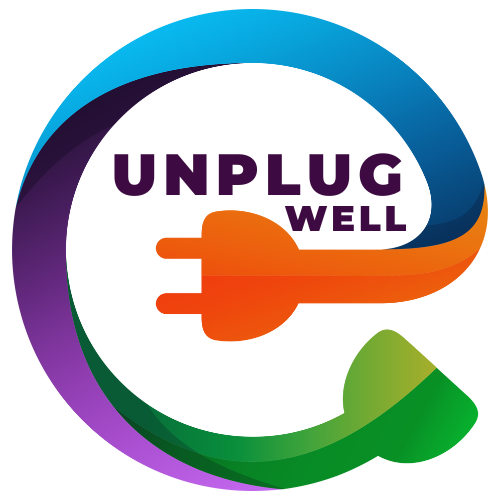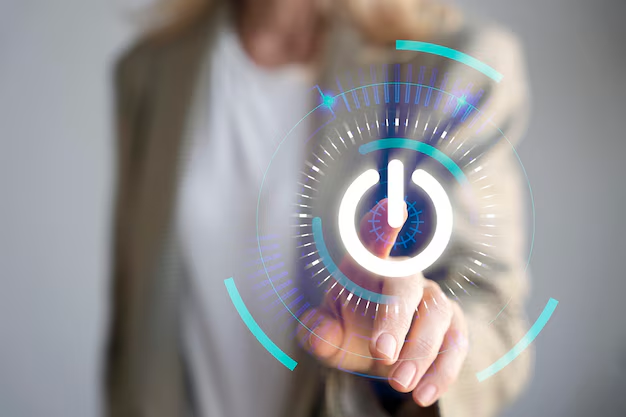
Unplug and Play: Tech-Free Hobbies That Are Making a Big Comeback
Rediscover the joy of unplugged living! Explore the resurgence of tech-free hobbies, from classic crafts to outdoor adventures, and find your new favorite way to disconnect and recharge.
Amelia Liam
May 1, 2025






